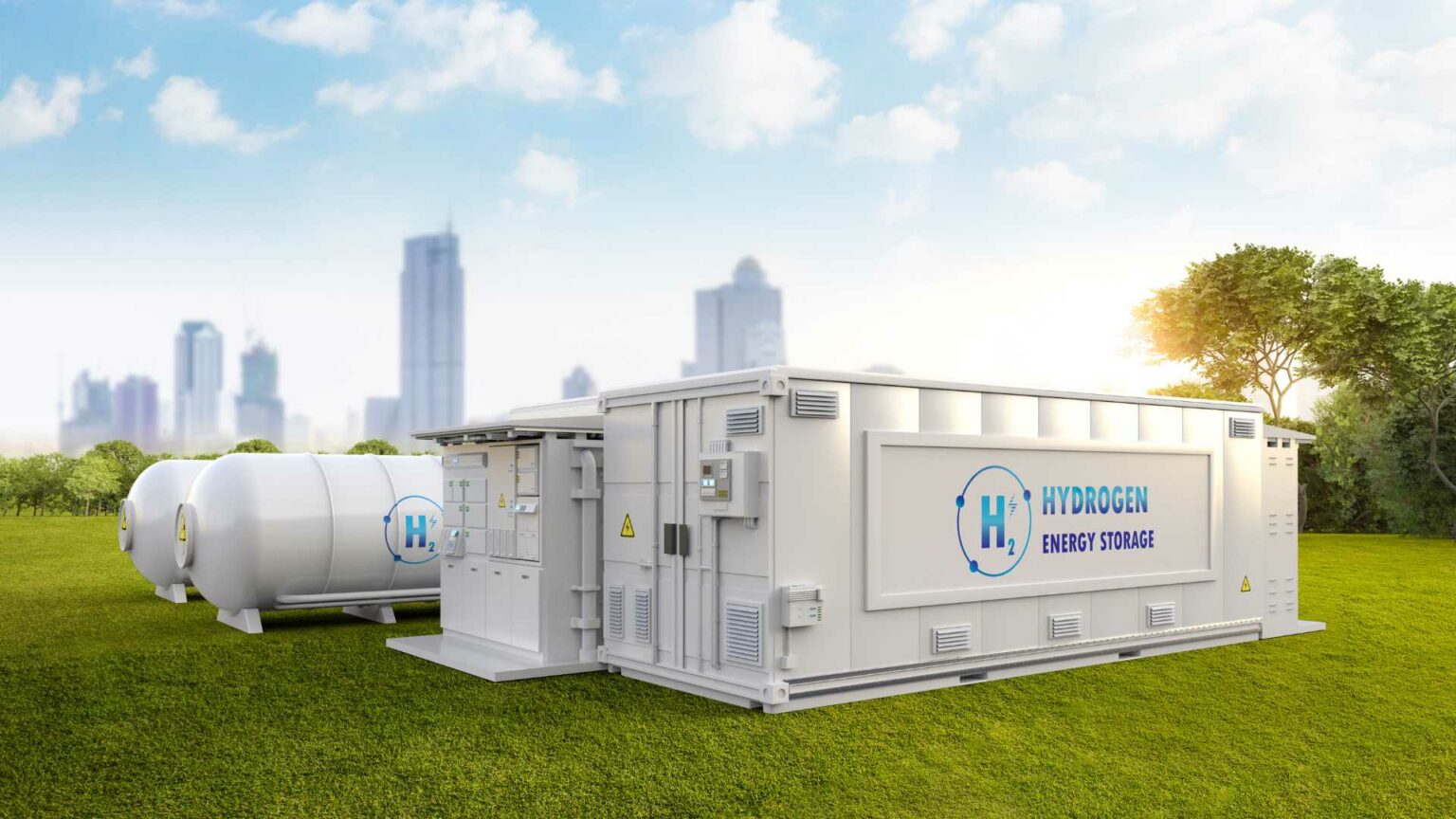Researchers at the University of Toronto (UOT) have leveraged artificial intelligence (AI) to uncover a new, highly efficient catalyst for electrolyzers, which are crucial for hydrogen production.
Electrolysers play a pivotal role in the electrochemical splitting of water into hydrogen and oxygen, a process accelerated by catalysts typically made from metal alloys and oxides. Traditional methods of discovering these catalysts, often through laborious trial and error, have proven inefficient.
Jehad Abed, a researcher at UOT, highlighted the challenge: “We’re dealing with hundreds of millions or billions of possible alloy combinations. The traditional approach is like finding a needle in a haystack.”
To address this, the UOT team developed a bespoke AI program. This AI evaluated over 36,000 metal oxide combinations through simulations to identify the most promising candidates.
Ruthenium, Chromium, and Titanium Alloy
Among the numerous combinations, a mixture of ruthenium, chromium, and titanium emerged as the top candidate. Subsequent laboratory tests confirmed the AI’s prediction, with the alloy demonstrating performance and durability 20 times better than the existing benchmarks.
“We found this alloy remarkably stable and efficient,” said Abed. “This validation by AI marks a significant breakthrough, showing that our method for discovering superior catalysts is effective.”
Abed emphasized the efficiency of AI in this process: “What would take a person years to test, the computer can simulate in a matter of days.”
Cheaper Green Hydrogen
This research aims to expedite the development of affordable solutions for green hydrogen production. AI’s success in identifying superior catalyst compositions indicates a promising future for hydrogen technology.
